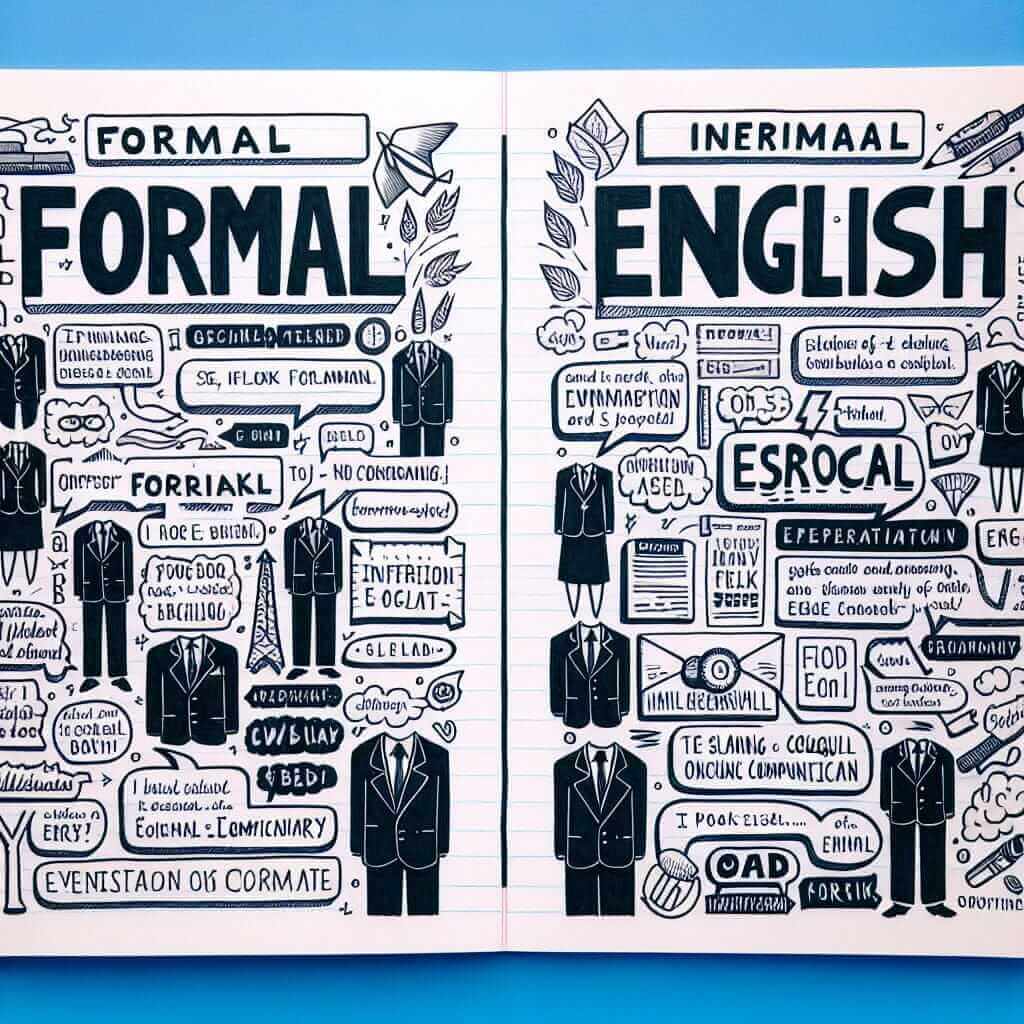As an IELTS instructor with over two decades of experience, I often get asked by my students, “Can we use slang in the IELTS Speaking test?”. It’s a great question, and understanding the answer is crucial for achieving a high score.
The Impact of Slang on Your IELTS Speaking Score
The IELTS Speaking test assesses your ability to communicate effectively in English in a formal setting. While everyday conversations might include slang, idioms, or colloquialisms, the IELTS exam requires a more academic and neutral tone.
Here’s why using slang in the IELTS Speaking test can negatively impact your score:
1. Formal Language is Expected
The IELTS Speaking test simulates formal communicative situations. Imagine you’re presenting your opinion to a university professor or participating in a professional meeting. In these contexts, using slang would be inappropriate and might make you appear less credible.
2. Clarity and Precision are Key
Slang is often ambiguous and heavily dependent on cultural context. Your examiner might not be familiar with the slang you use, leading to misunderstandings and a lower score for fluency and coherence. Using clear, formal language ensures your message is understood precisely.
3. Vocabulary Range is Assessed
The IELTS Speaking test evaluates your vocabulary range and accuracy. While slang might demonstrate familiarity with informal language, it doesn’t showcase your knowledge of formal vocabulary, which is essential for achieving a high score.

Examples of Slang to Avoid in the IELTS Speaking Test
Let’s look at some examples:
Instead of: “That movie was totally lit!”
Say: “That movie was incredibly engaging.”
Instead of: “He’s a bit of a slacker.”
Say: “He tends to procrastinate.”
Instead of: “I aced the exam!”
Say: “I performed very well on the exam.”
Tips for Success in the IELTS Speaking Test
-
Expand Your Formal Vocabulary: Read academic articles, listen to news broadcasts, and practice using formal English in your daily life.
-
Think Before You Speak: Take a moment to formulate your thoughts and choose words that are clear, concise, and appropriate for a formal setting.
-
Practice with an Experienced Tutor: Seek feedback on your speaking style and vocabulary choices from a qualified IELTS instructor.
Conclusion
While slang has its place in informal communication, it’s best to steer clear of it during the IELTS Speaking test. Focusing on clear, accurate, and formal language will showcase your true English proficiency and pave the way for a successful result. Remember, your goal is to demonstrate your mastery of academic English, and using appropriate vocabulary is paramount.